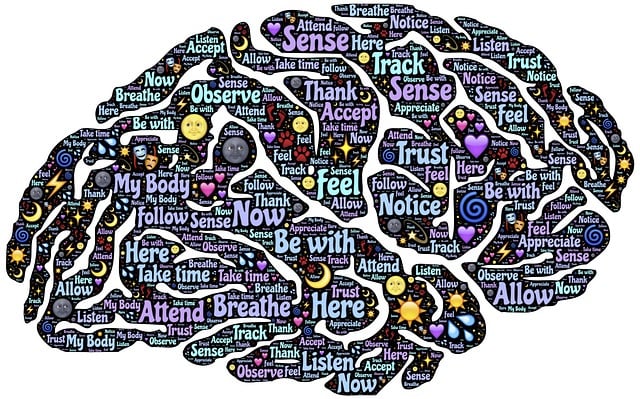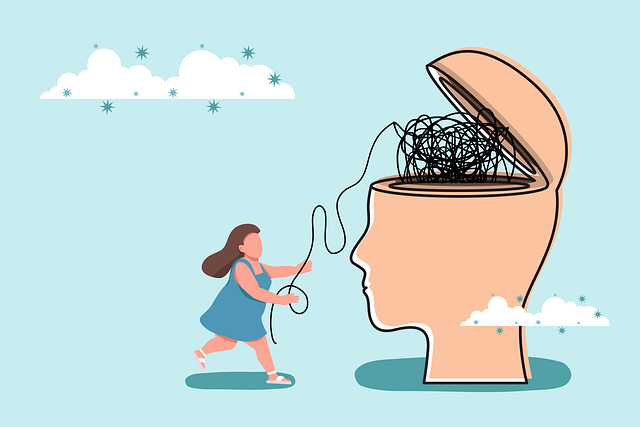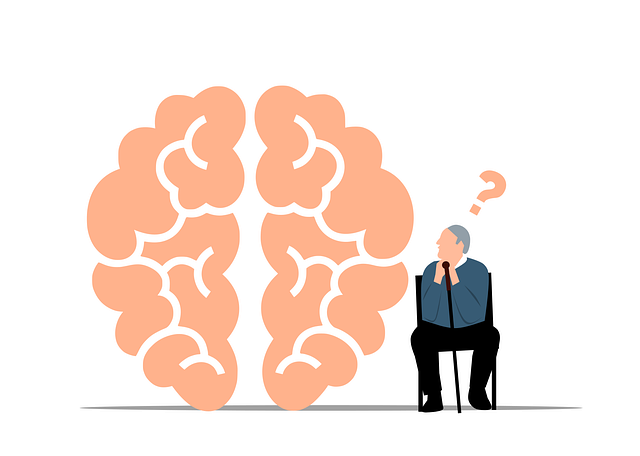Superior Gambling Therapy (SGT) offers a unique and culturally sensitive approach to addressing loss, grief, and bereavement, providing personalized support for each client's distinct journey. This method leverages guided play, strategic activities, and evidence-based practices like mindfulness to foster emotional regulation, resilience, and self-esteem. SGT's innovative techniques promote holistic well-being, prevent depression, and enable individuals to process emotions, develop coping skills, and experience personal growth after profound loss.
Loss, grief, and bereavement counseling are essential components of healing after a significant loss. This comprehensive guide explores these topics, offering a deep dive into understanding loss, managing grief, and providing support during difficult times. We also uncover the therapeutic benefits of Superior Gambling Therapy as an innovative approach to coping with bereavement. By employing effective strategies, individuals can navigate their emotions and find healing on their journey through loss.
- Understanding Loss, Grief, and Bereavement: A Comprehensive Overview
- The Role of Counseling in Navigating Difficult Times
- Unveiling the Therapeutic Benefits of Superior Gambling Therapy
- Strategies for Effective Support and Healing After Loss
Understanding Loss, Grief, and Bereavement: A Comprehensive Overview

Loss, grief, and bereavement are complex and deeply personal experiences that impact individuals differently. Understanding these concepts is crucial for anyone seeking support during difficult times or considering a career in counseling. Loss refers to the absence of something valued, whether it’s a physical object, a relationship, or a life. Grief is the emotional response to loss, characterized by feelings of deep sorrow and longing. Bereavement, on the other hand, is the period of mourning that follows a significant loss, during which individuals process their emotions and adjust to a new reality.
Superior gambling therapy recognizes that each person’s journey through loss, grief, and bereavement is unique. Effective counseling strategies focus on helping clients develop healthy coping mechanisms, enhance emotional regulation, and cultivate compassion towards themselves and others. Compassion cultivation practices and empathy building strategies play a pivotal role in this process, fostering understanding and support within the counseling environment.
The Role of Counseling in Navigating Difficult Times

Counseling plays a pivotal role in guiding individuals through the complex landscape of loss, grief, and bereavement. It offers a safe space for processing emotions, memories, and the profound sense of absence that can feel overwhelming. Through superior gambling therapy sessions, individuals can develop strategies to navigate these difficult times, fostering inner strength development and self-esteem improvement.
This therapeutic approach incorporates cultural sensitivity in mental healthcare practice, recognizing that every person’s experience is shaped by their unique cultural background. By understanding and respecting these differences, counselors provide a supportive environment where individuals can express themselves authentically. This nuanced approach ensures that counseling meets the specific needs of each client, facilitating healing and recovery on their own terms.
Unveiling the Therapeutic Benefits of Superior Gambling Therapy

In the realm of mental healthcare, Superior Gambling Therapy (SGT) emerges as a beacon of hope for individuals navigating loss, grief, and bereavement. Beyond traditional counseling methods, SGT offers a unique and innovative approach to healing. By focusing on therapeutic gaming techniques, this method helps clients develop essential coping skills while fostering cultural sensitivity in mental healthcare practice. The process involves guided play and strategic activities designed to unlock emotional barriers, providing a safe space for expression and reflection.
Through engaging in SGT, individuals can experience profound personal growth, enhanced resilience, and improved emotional regulation. Unlike conventional therapy that may struggle with complex emotions related to loss, Superior Gambling Therapy leverages the power of play to promote depression prevention. By participating in activities tailored to their needs, clients not only gain a sense of control but also learn effective strategies for managing grief, ultimately transforming their coping mechanisms and promoting holistic well-being.
Strategies for Effective Support and Healing After Loss

After experiencing a profound loss, seeking professional support can be transformative for one’s journey towards healing. Superior grief therapy offers individuals a safe and non-judgmental space to process their emotions, providing effective strategies for managing bereavement. Therapists trained in this field understand that every person copes differently, so they tailor treatments to meet individual needs. Through open dialogue, clients can explore the complexities of their grief, allowing them to challenge unhelpful thinking patterns and develop healthier coping mechanisms.
One key aspect of superior gambling therapy is teaching practical stress reduction methods, such as mindfulness techniques, which have been proven effective in anxiety relief. Additionally, therapists often incorporate creative outlets like art or writing, enabling individuals to express their emotions in unique ways. The goal is not only to help one move forward but also to foster mental wellness by equipping them with tools to navigate future challenges. Engaging in a mental wellness podcast series production can further support this process, offering insights and communities that promote ongoing stress reduction methods.
Counseling plays a pivotal role in helping individuals navigate the complex journey of loss, grief, and bereavement. By understanding these processes, therapy sessions can offer much-needed support and guidance. Incorporating innovative approaches like Superior Gambling Therapy demonstrates the potential for transformative healing. Through effective strategies, those affected by loss can find meaningful ways to process their emotions and regain a sense of control, ultimately fostering resilience in the face of adversity.














